
INSITU/ FIELD GEOTECHNICAL TESTING
We possess both equipment capacity and technical know-how to effectively and efficiently perform the following in situ/ field geotechnical tests:
- Field Vane Shear Testing
- Dynamic Probe Super Heavy (DPSH) Testing
- Dynamic Cone Penetration (DCP) Testing
- Nuclear density (Troxler) testing of soils for compaction quality control & verification of pavements, foundations & platforms
- Plate Load or Bearing Testing
- Borehole verticality scanning & measurements
- Vertical Soil Electrical Resistivity Testing to inform grounding & corrosion protection systems designs
- Field Permeability Testing of soils
- Geotechnical instrumentation (supply, installation, commissioning, data validation, data analyses)
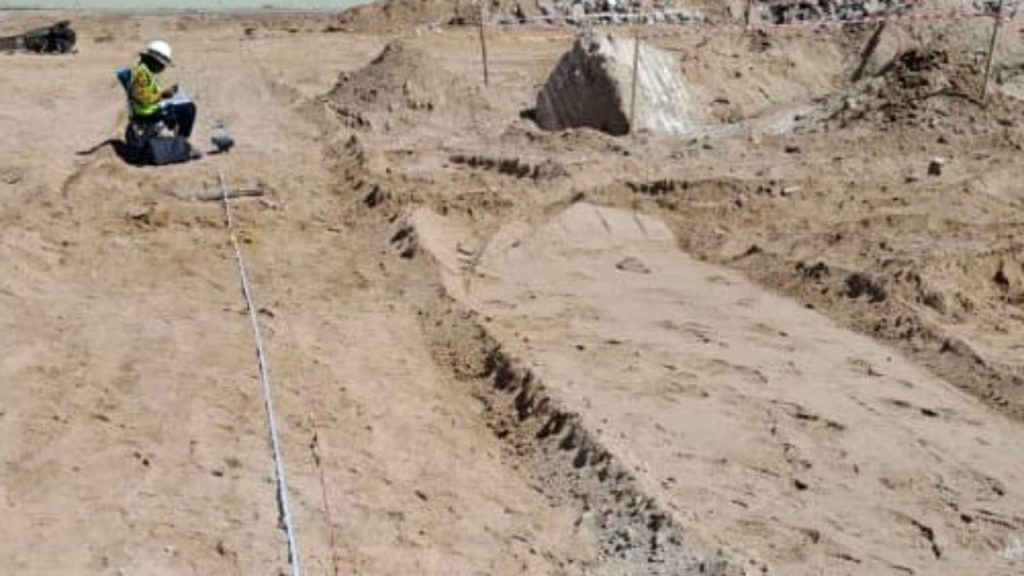
SOIL ELECTRICAL RESISTIVITY TESTING
At Insitu Testing & Drilling Contractors we are able to conduct soil electrical resistivity surveys using the expanding Wenner 4-point method. Soil electrical resistivity has a direct influence on the design of grounding/ earthing system as well as the degree of corrosion attack on underground services such as steel pipes.
The soil electrical resistivity technique is widely used to optimize grounding designs for power plants (solar, coal or wind).
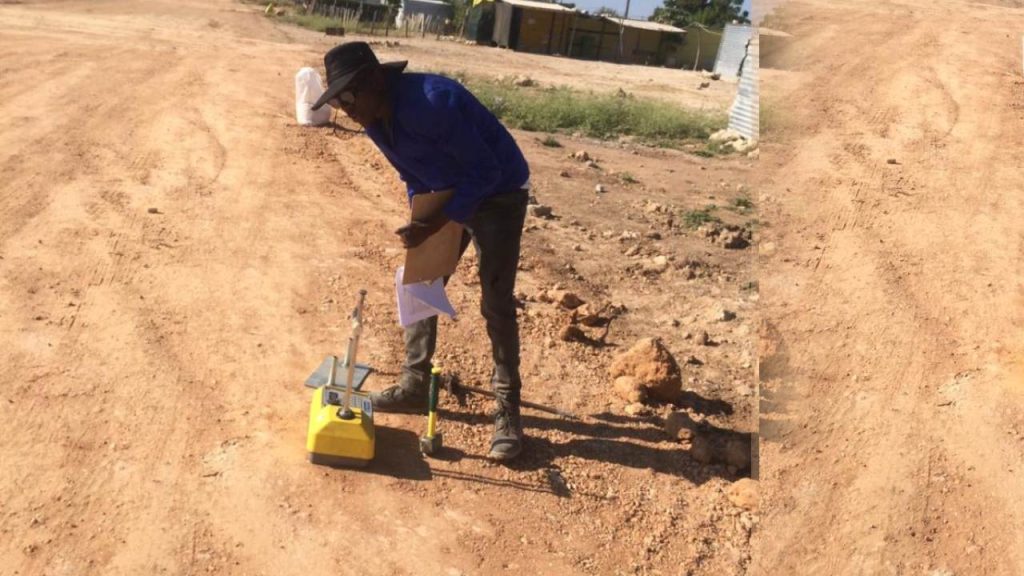
FIELD DENSITY TESTING
We have capacity to determine compaction acceptance of earthworks, granular and stabilized pavement materials by performing field density tests using Nuclear density gauges (locally known as Troxlers).
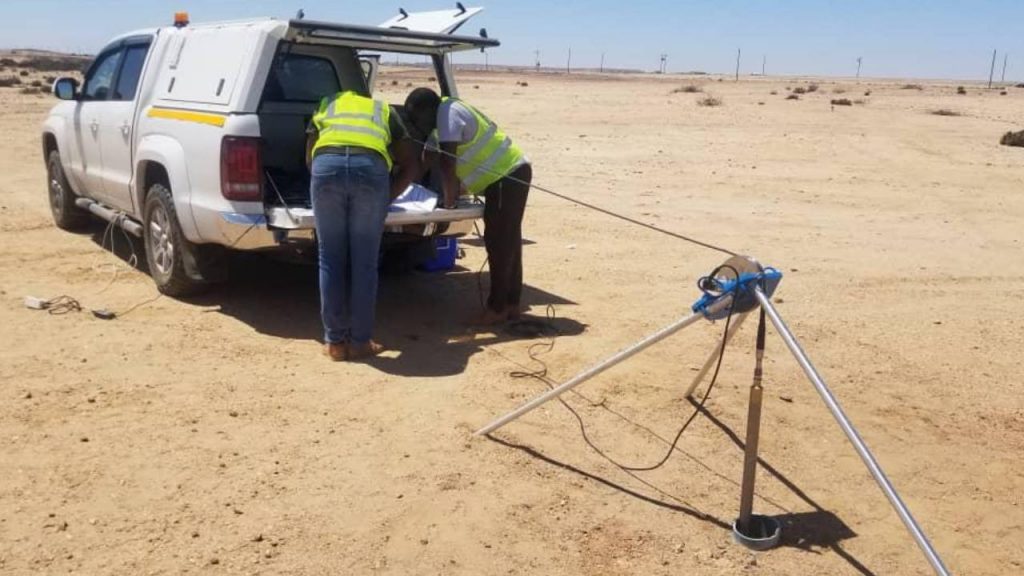
Borehole Verticality, Inclination and Direction Logging
Our state of the art borehole verticality probe provides engineers, geological and orebody modeler, and managers of drilling projects with accurate, continuous measurements of borehole:
- Inclination
- Direction relative to magnetic North
- Drift, true vertical depth and
- Natural gamma.
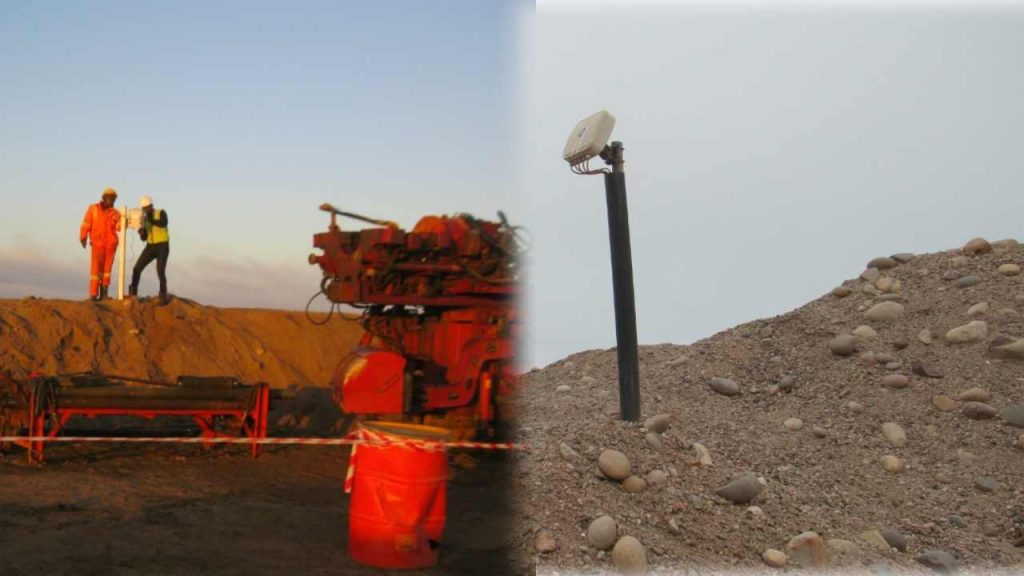
INSTALLATION & MANAGEMENT OF GEOTECHNICAL INSTRUMENTATION
- Installation and commissioning of Stand Pipes and Vibrating Wire Piezometers.
- Installation and commissioning of Data loggers and Gateways.
- Quality Control and Assuarence of Installation for Geotechnical Instrumentation.
- Validation and Analysis of Data from Geotechnical Instrumentation.
- Calibration of Pore Pressure Models
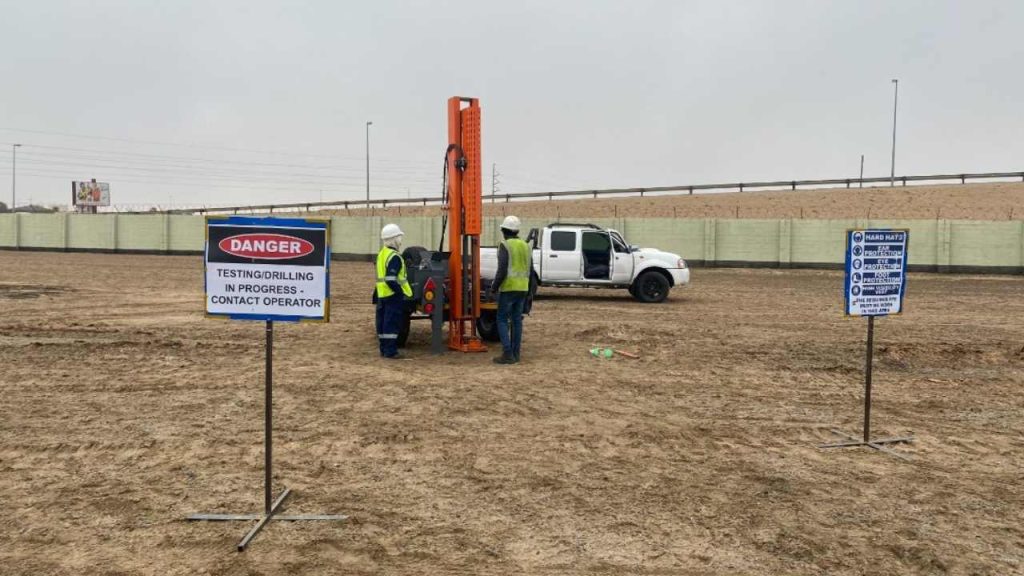
DPSH TESTING
At Insitu Testing and Drilling Contractors we operate an automated modern rig which can be manoeuvred to areas that are not readily accessible, such as inside existing buildings, and to sites which may not be accessible to drilling rigs. From the DPSH test results we:
- Generate depth profiles of the soil mass consistency
- Determine depth to competent strata or rock, and
- Correlate the results with other tests such as SPT N-values.
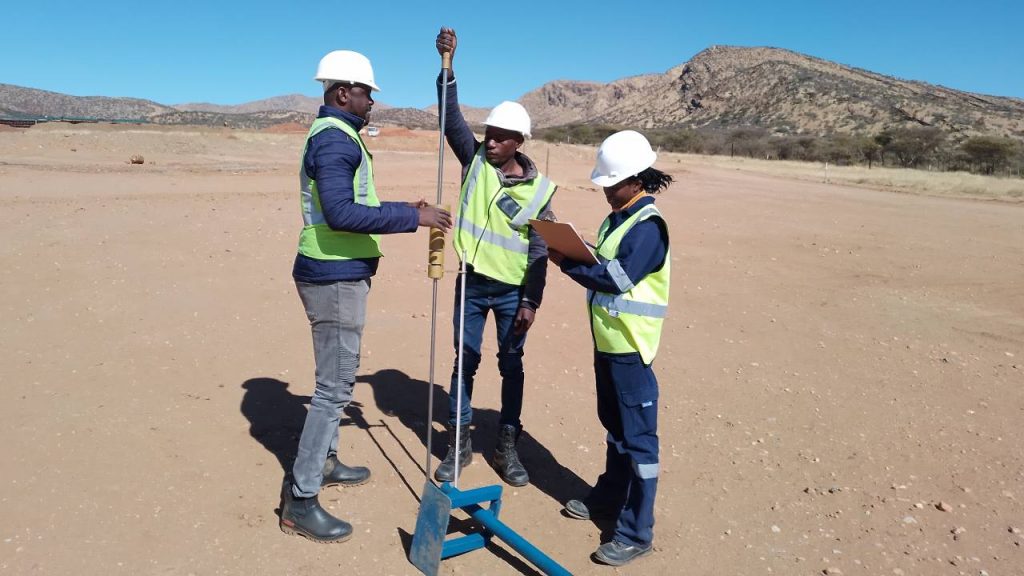
DCP TESTING
The DCP test is a widely used semi-empirical technique which is widely accepted in the construction industry in southern Africa. At Insitu Testing and Drilling Contractors we use the DCP for:
- Rapid determination of the California Bearing Ratio (CBR) in road pavement performance evaluation
- As a rough guide in compaction works quality control; and
- Estimating subgrade soil consistencies for the design of shallow foundations.
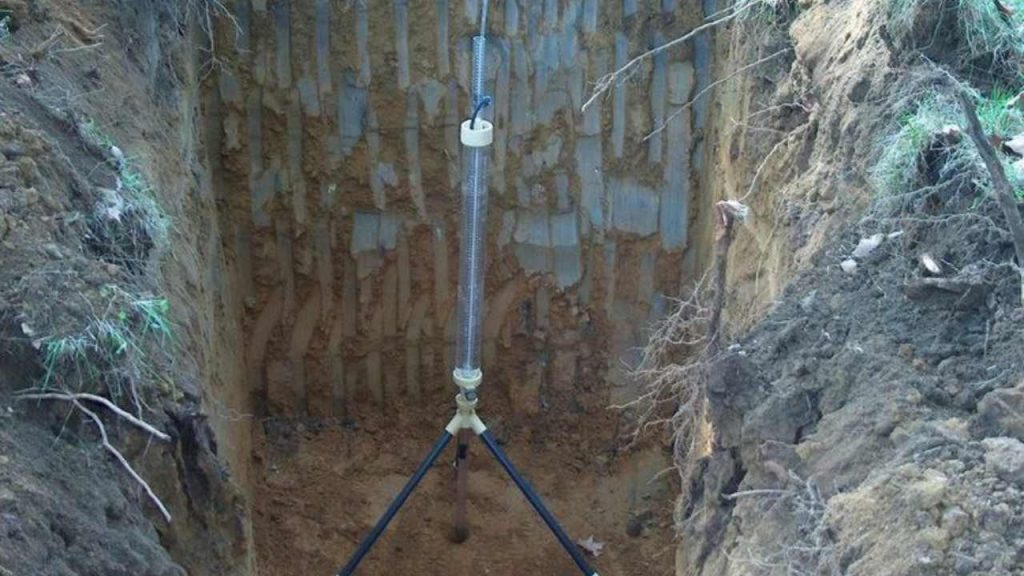
DIRECT INSITU PERMEABILITY TESTING OF SOILS
Using a dedicated set of permeameters we perform direct in-situ permeability tests in soils which offer an opportunity to test a representative volume of soil in an appropriate stress state. The tests can be performed in natural as well as improved or altered soils such as clay liners or prepared founding ground.Results from such tests can be utilized by civil engineers to better inform designs and construction of seepage control structures (such as clay liners, water retaining earth dams) and drainage and storm water management structures. Additionally, our in-situ permeability test results can be utilized quite effectively to gauge water requirements for irrigation projects.
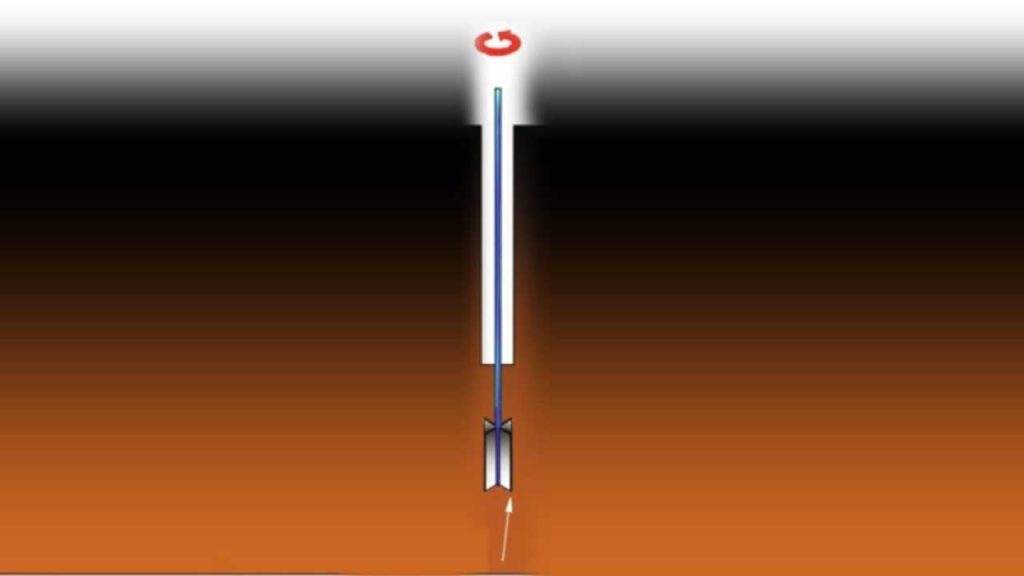
FIELD VANE SHEAR TESTING
The vane shear test is routinely used to obtain undisturbed peak and remolded undrained shear strengths of fine-grained (cohesive) soils (clays, silts and clay/silt sandy mixtures). The test is best suited for determining the in-situ shear strength of soft-to-firm natural and dumped clay and silt soils ( including fine tailings). To serve our clients better we normally plot the vane shear strength against depth to provide undrained strength profiles which may be plotted together with other in-situ tests such as CPTu to correlate the vane test results with other test results.
At Insitu Testing and Drilling Contracts we have both equipment and intellectual capacity to perform Field Vane Shear Testing up to 3m and subsequent analysis of the test results which can, in turn, be used to derive suitable design parameters for calibrating geotechnical models and designs.

PLATE BEARING/ LOAD TESTING
The Plate Load Test is a reliable in-situ test for determining the compressibility, settlement and occasionally the bearing capacity of soils and rocks which cannot be sampled, or where the structure and discontinuities of the strata may control the engineering behavior of the soil/ rock mass. By applying pressures which are representative of the envisioned loads expected from a temporary (e.g., a large-scale crane at a construction site) or permanent structure (e.g., pressures acting on a building column’s pad footing) we are able to simulate how the ground would respond once subjected to such loads, and from thereon provide design engineers with suitable compressibility, bearing capacity and settlement parameters for the tested ground; taking into consideration the envisioned zone of influence of the subjected load.
The Plate Load Test is also a very efficient and effective technique in probing whether working platforms (e.g., platforms for cranes, etc.) on a give n construction site have adequate bearing capacity to ensure safe operation of the temporary structures they support. At Insitu Testing and Drilling Contractors we have a portable Plate Load Testing equipment as well as intellectual capacity to design and perform vertical Plate Load Testing during design/ pre-construction stage investigations in test pits, as well

